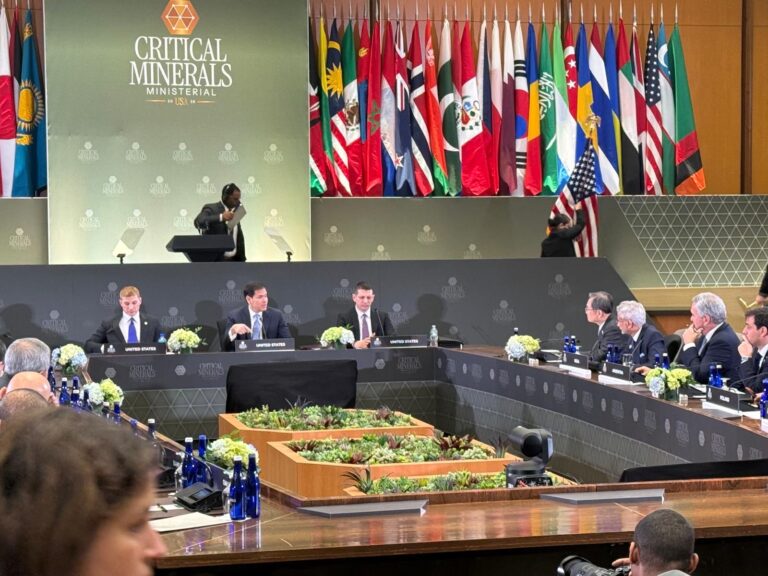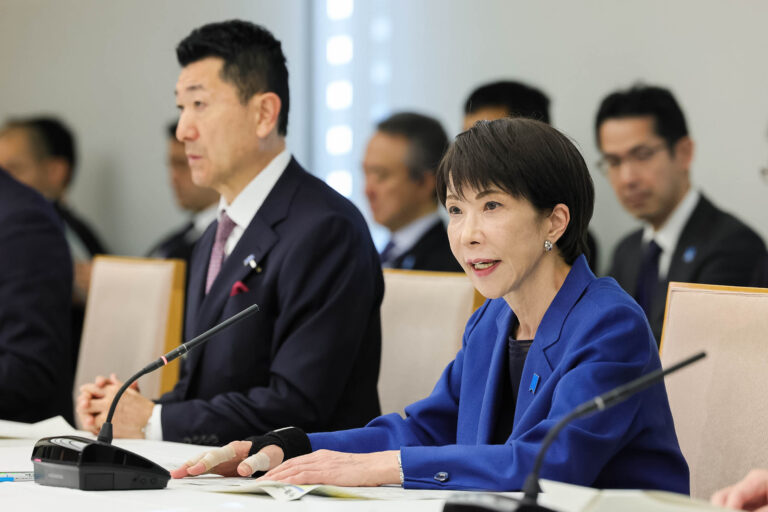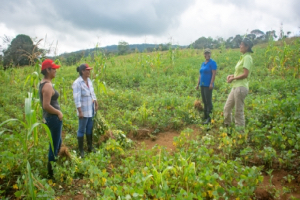
Women of the Cabécar people use their traditional knowledge to diversify diets and generate income
China Kichá: As Indigenous Peoples from the territory of China Kichá in Costa Rica, the Cabécar people have lived through many periods of struggle. Since the colonial period, they have faced major conflicts over owning land and exercising governance in their lands, territories and resources, facing abuse, discrimination and putting their lives at risk to ensure their rights.
Petronila Ríos lives here. Her house was quiet when suddenly she heard a sharp beep. A message appeared on her phone: Nila, I need four fresh chickens for today. Nila, as she is known by her community, smiled. Her updated status on social networks had paid off: customers had started placing their orders for the day.
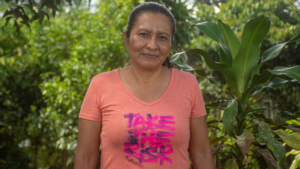
Just a few years before, Nila had begun her business of selling chickens in the Indigenous Peoples’ territory of China Kichá in southern Costa Rica, where a part of the Cabécar people have lived for more than 3 000 years. This land has been at the heart of their culture and language, and they have preserved it carefully, maintaining a strong and reverential relationship with nature.
Proud of her land and community, Nila has always looked for new ways to contribute to its development. An opportunity arose when FAO, the United Nations Development Program, the International Labor Organization and UN Women implemented a joint programme called Strengthening the bridge to development strategy to break the cycle of poverty at the local level with gender and environmental approach in her area. Nila worked hard to get involved in the programme and obtain the capital that allowed her to start a chicken farm.
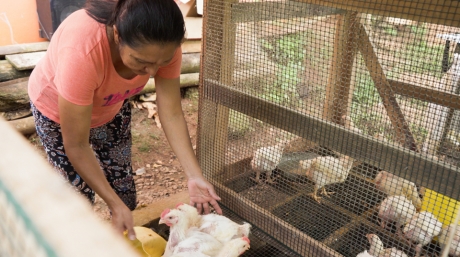
This support through the Joint Sustainable Development Goals Fund set Nila off with 25 chickens and four months later, she had quadrupled her stock.
“I feel fulfilled because I can save up and contribute financially to my household. This empowers you,” Nila explained. “Now the community benefits from this food and so does my family,” she continues, recalling the start of her business with a sparkle in her eyes.
From Nila’s home region of China Kichá, it is approximately six kilometres to the nearest restaurant or shop. This fact gave Nila and her family the idea to expand her business and open a local restaurant. But developing this new venture would not be easy.
This has allowed them to have their own plots to plant and generate foods for more diversified diets, preserving their ancestral food systems and knowledge of the land.
And Nila is not the only one. Nila’s sister, Doris Ríos, is a defender of Indigenous Peoples’ rights. According to her, in the last three years of activism and fighting for their rights, members of the Cabécar people have recovered up to 60 per cent of their land in China Kichá.
The China Kichá Women’s Association, made up of ten Cabécar women, also applied for funds for projects involving pigs, chickens, corn, beans and bananas.
As part of this programme that aims to promote gender equality and environmentally sound practices, FAO provided training and technical assistance to Nila and many others in her community to boost their businesses.
Recovering land
“For Indigenous Peoples, it is key to recover the land and regenerate the soils. We have seen damage to the land, and we have worked on reconversion processes with organic agriculture,” said Doris Ríos, regarding her collaboration with FAO.
In fact, this was part of what they learned with the joint programme: to enhance their own practices and produce better by combining Indigenous Peoples’ knowledge together with new techniques to take care of the soil.
According to William Hernández, Nila’s husband, land ownership has been key to further developing the community’s economy. “Land is needed to plant and ensure the subsistence for our people. This has been an awakening. Now, we can cultivate more because before there was no space or land to do it in. We didn’t even have the right to dream,” Hernández said.
For Nila, the projects that she has managed to develop have been like drops of water that fell on fertile soil. With the support of the FAO and the Costa Rican government, Nila’s projects have germinated into seeds of change, opening new opportunities for her family and community to manage their ancestral land and find even more ways to produce better for their food security and the environment.
Source: FAO News and Media office, Rome
– global bihari bureau



